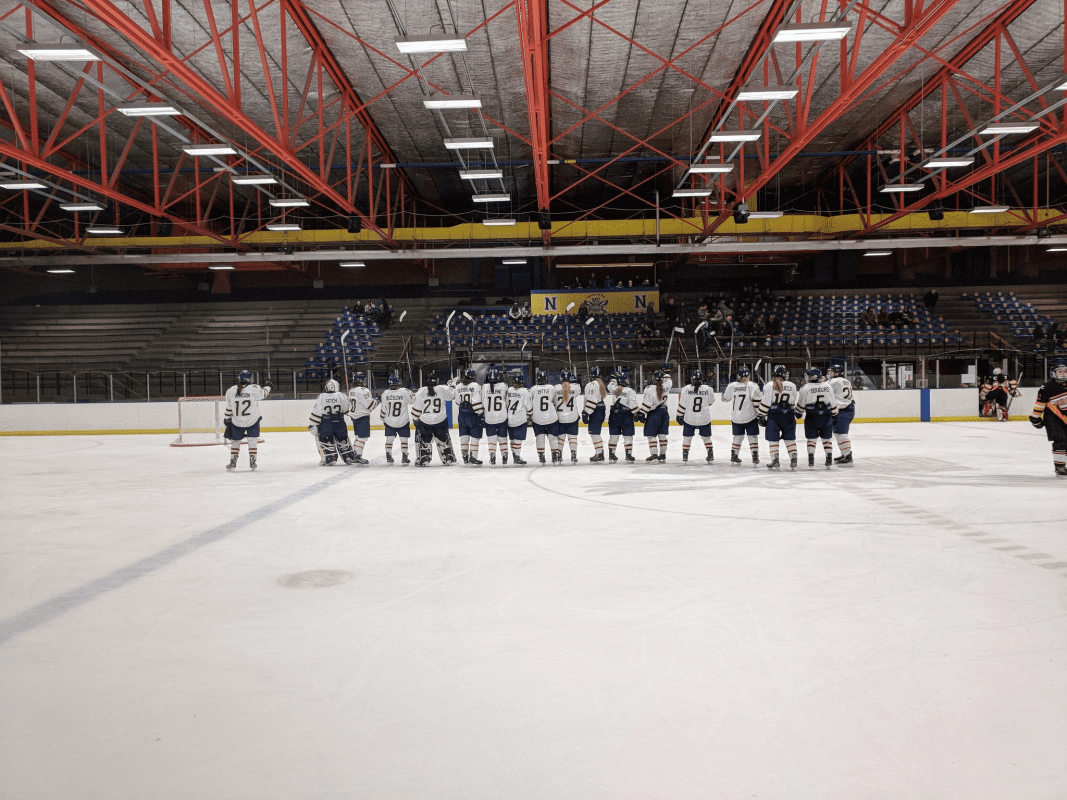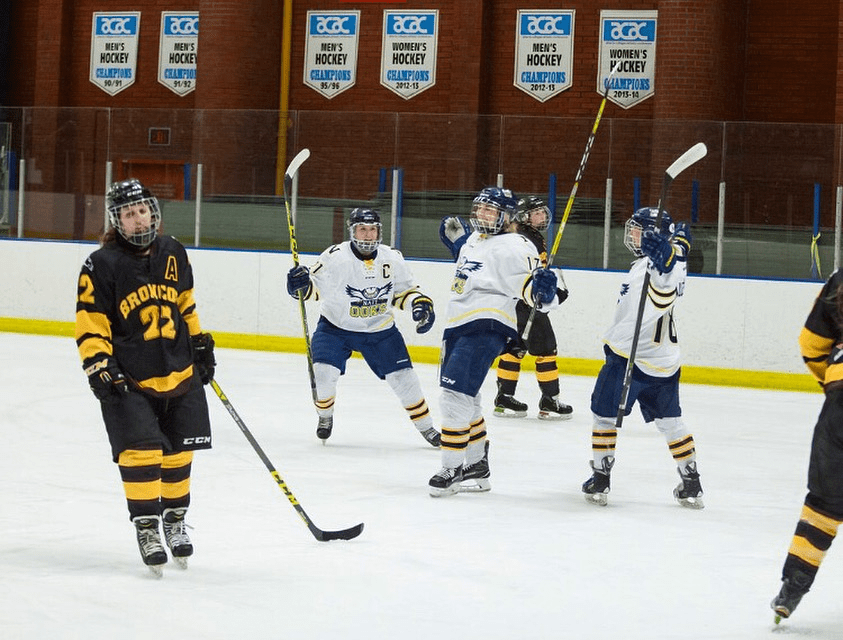As an athlete who plays at a collegiate level I know what it’s like to finish the season on a low. It’s never something that we (as competitive athletes) prepare ourselves for. After the last game whether you win or lose, it usually means it’s all over. The practises, training sessions, and games; It just all stops. No one prepares you for what’s to come next. On top of dealing with an all time high of winning, or a devastating loss; It eventually ends, and tears of joy, or tears of disappointment are almost guaranteed. With everything finishing, its difficult to handle not being able too see your ‘second family’ anymore. You and your teammates have formed a special bond throughout the season and it’s not something that is easy to accept when the season finishes. We simply don’t prepare for it, but we need to start.
I’ve played hockey since I was 4 years old, and if I’m being completely honest, dealing with the emotions of finishing the season never gets any easier. Leaving a team is one of the hardest things I am faced with every year. The reality doesn’t set in that you won’t be on the ice, court, or field with these people probably ever again. It’s a tough pill to swallow. I’ve struggled with it since I was little, but in the past few seasons I’ve found a way to lessen the postseason depression that I’ve gone through.
A mindset of looking ahead to upcoming seasons, and the idea that there are so many new experiences to come and memories to be made. I’ve learned that it’s okay to be upset for a few days, and that it’s a big part of your life that is changing. Give yourself a few days to look back on the memories and the successes that you and your teammates have had together. After those few days of grief, it’s time to start preparing yourself for the next step of your life – whatever that may be. Finding a new off-season hobby is something that I believe takes your mind away from your recent loss. Personally, I focus most of my energy on training. It has been said that “exercise is medicine” and can really help relieve the mind and body of the stress and emotions that you are carrying. Making sure that you take care of yourself, and your mental and physical well being. Continuing to fuel your body with proper nutrition and exercising regularly will help to keep you as an athlete feeling good.
Although hockey is always one of my main priorities during the season, I find that I have more time to do other things that I enjoy (things that I don’t get to do as much during the season). Playing different sports and going on hikes are a few ways to stay active and keep your mind occupied. There is no specific cure, or remedy for the emotions that athletes go through when finishing a season. Finding something that works for you specifically is the key. STAY IN CONTACT with the friends you’ve made throughout the season. Once you get to a higher level in sport, the relationships that you form are ones that usually last a lifetime no matter where you each end up. Keep in touch by going for coffee, working out together, or even facetiming/texting helps. Giving yourself those friends as an outlet, usually helps to destress and allows for some time to reminisce together. Even though you may not be on the same team anymore, it doesn’t mean that you can’t still be best friends like you were during the season. Remember that your teammates may be going through this as well, so don’t be afraid to reach out and share your knowledge!
By Brittney Savard – NAIT Women’s Hockey









